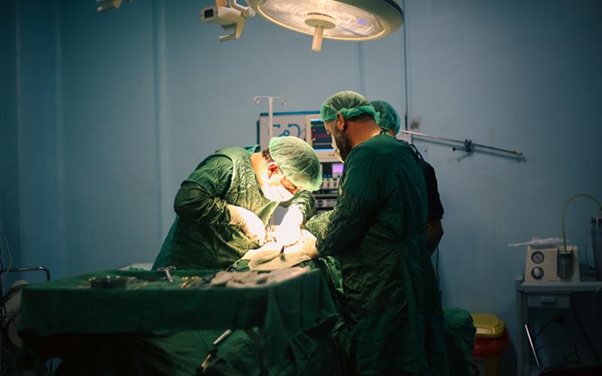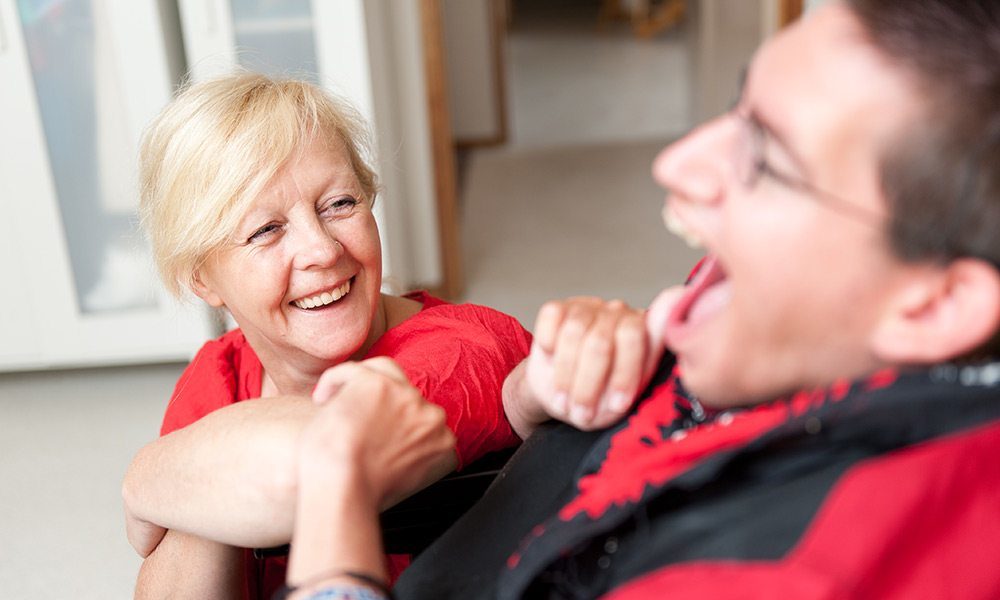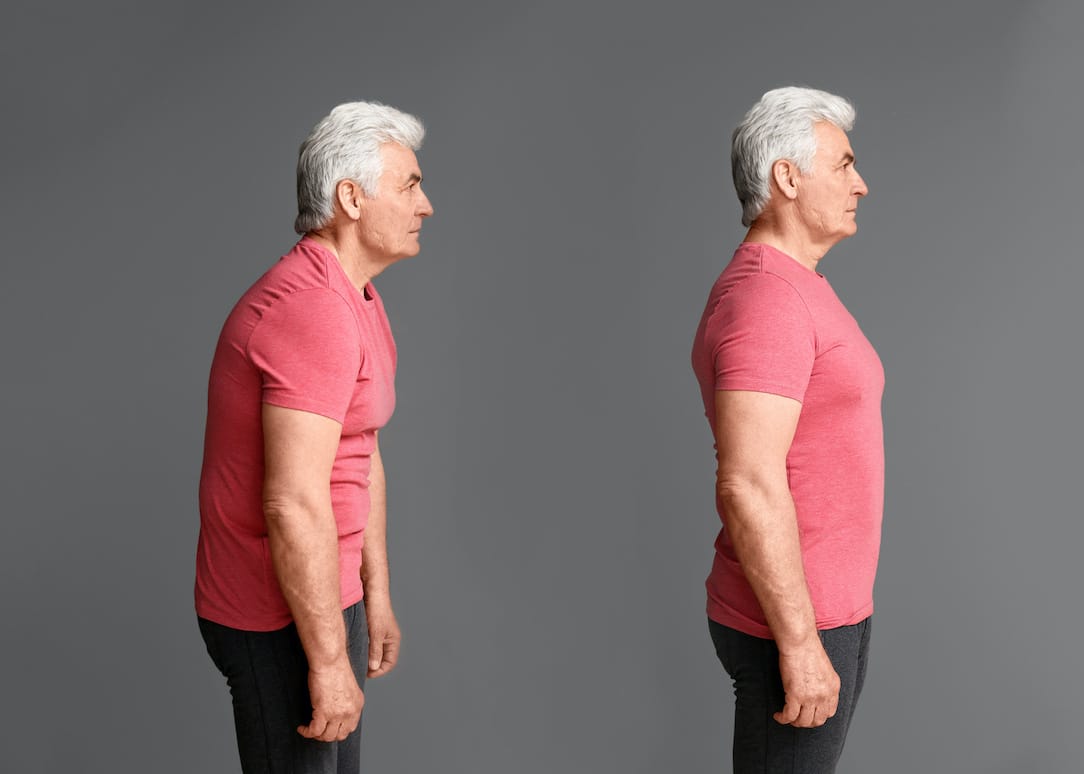
When we think of hospitals, we often imagine emergency rooms, routine check-ups, or general surgeries. Yet in a hospital in Singapore, some of the most fascinating and intricate work happens in the hands. The specialists behind this are the orthopaedic hand surgeons, who combine precision, microsurgery, and reconstruction to restore physical function and quality of life.
In this article, we’ll explore and demystify the work of these surgeons and shed light on why their expertise is so vital.
Where Medicine Meets Debate
Every field of medicine has its debates, and hand surgery is no exception. One controversy lies in the decision-making process between surgical and non-surgical treatments. For conditions like carpal tunnel syndrome or tendon injuries, some patients recover with therapy, while others need surgical intervention. At a hospital in Singapore, specialists must weigh risks, benefits, and patient preferences carefully, which often sparks professional debate.
Another point of contention is microsurgical reconstruction for trauma patients. Reconstructive surgery allows orthopaedic hand surgeons to save limbs that might otherwise have been amputated. While groundbreaking, these procedures are resource-intensive and not always successful, raising ethical questions about when to attempt them.
Finally, cosmetic hand surgery has emerged as a divisive area. While traditionally focused on restoring function, some surgeons now receive requests for purely aesthetic improvements. This shift blurs the lines between medicine and cosmetic enhancement, creating discussions within both professional and patient communities.
What Most People Don’t Know
Despite the vital role hands play in everyday life, many people are unaware of just how complex hand surgery can be. One shocking fact is that the human hand contains 27 bones, 34 muscles, and over 100 ligaments and tendons, all working in harmony. Any disruption requires highly specialised treatment.
Another surprising reality is the scale of accidents treated in a hospital in Singapore. Industrial injuries, domestic accidents, and even recreational mishaps often result in severe hand trauma. Orthopaedic hand surgeons routinely manage cases involving crushed bones, severed nerves, or amputated digits, working under intense time pressure.
Perhaps most astonishing of all is the success of reattachment surgery. With microsurgical techniques, surgeons can reattach severed fingers or hands in operations lasting up to 12 hours, restoring significant levels of function. While success depends on factors like time to surgery and injury type, the possibility itself remains remarkable.
Inside the Operating Room
What happens inside the operating theatre often feels mysterious to patients. Orthopaedic hand surgeons work under microscopes, stitching blood vessels and nerves thinner than a strand of hair. These intricate repairs demand technical skill and endurance, as surgeries can last for many hours.
One little-known secret is the reliance on teamwork. While the surgeon leads the procedure, anaesthetists, nurses, and physiotherapists all contribute to success. Recovery doesn’t end after surgery. It continues with intensive rehabilitation, where hand therapists guide patients in regaining strength and mobility.
Another insider insight is how surgeons prepare. Many practise delicate movements on simulation models or even fine craft activities to maintain dexterity. This constant training ensures that when they face real-life trauma cases, their precision is at its sharpest.
At a hospital in Singapore, these behind-the-scenes efforts reveal the human side of medicine: long hours, collaborative spirit, and dedication to restoring the basic but profound ability to use one’s hands.
Conclusion
The work of an orthopaedic hand surgeon in a hospital in Singapore goes far beyond what most people imagine. This speciality underscores the incredible complexity of human hands and the expertise required to repair them. Whether it’s saving a limb, reattaching a finger, or helping someone write, cook, or work again, the role of these surgeons is both vital and deeply human. For patients seeking care, understanding the challenges and triumphs of hand surgery provides reassurance that their hands are in capable, dedicated hands.
Curious about what an orthopaedic hand surgeon can do for you? Reach out to National University Hospital today and discover how specialised care can restore both function and confidence.





